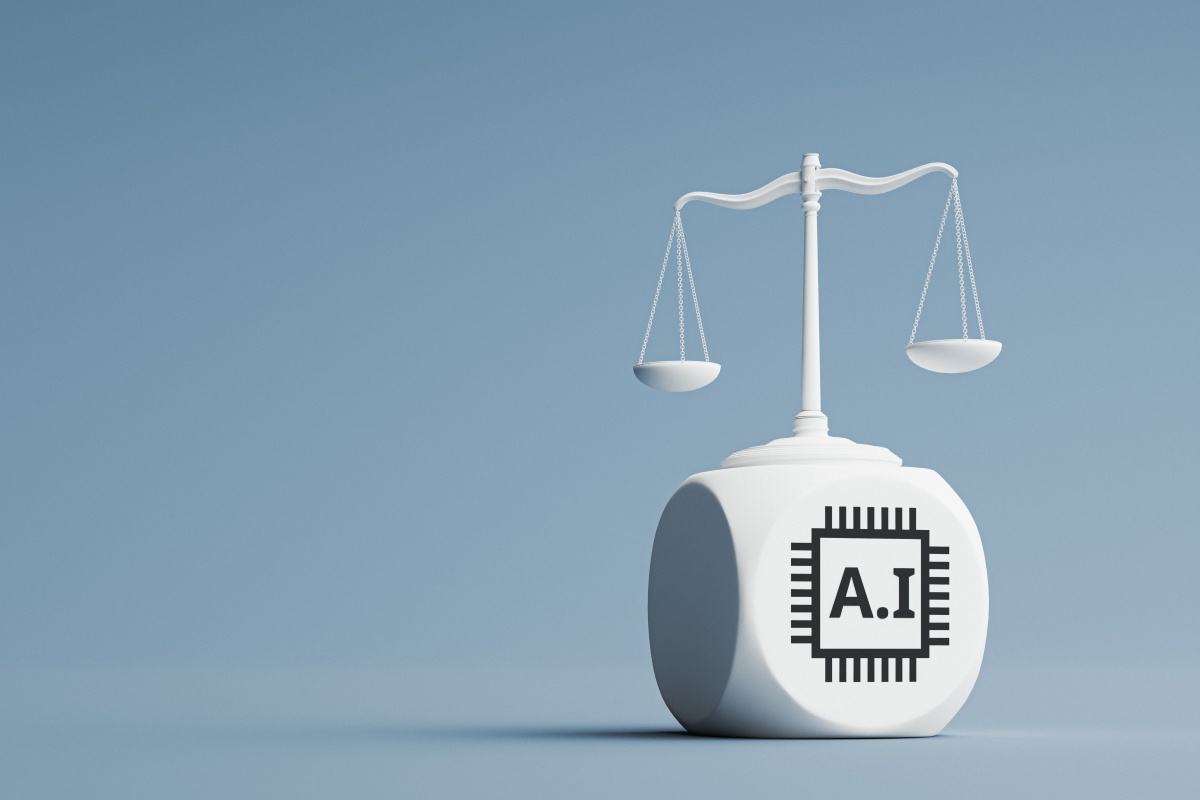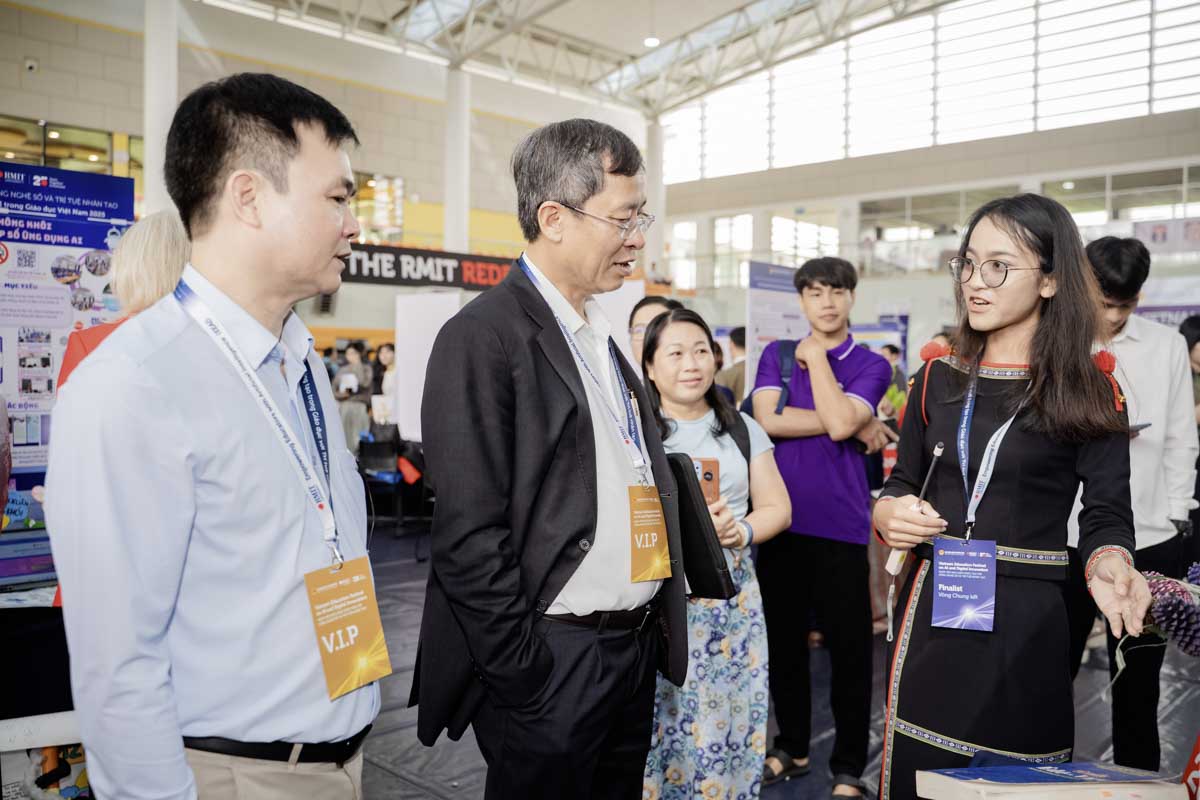Research has uncovered a simple and profound truth: warmth from parents, especially from fathers, dramatically improves teenagers' emotional well-being. Teens with emotionally available, affectionate fathers were nearly twice as likely to avoid mental health issues.
It might seem surprising in a culture where fathers have traditionally been the stern figure in the background. But when dads break that mould and show care, not through control but through understanding, it changes everything.
When love becomes a cage
Not all love helps. Some love, when overprotective or authoritarian, becomes a cage. Excessive control, especially from mothers, was linked to lower emotional intelligence (EI) and diminished wellbeing among teens. While often rooted in cultural values of care and protection, overprotection can inadvertently hinder a teenager’s confidence and independence. Similarly, strict authoritarian approaches that discourage autonomy were associated with poorer social skills and lower EI, suggesting that discouraging young people from making their own choices may limit their emotional growth.
Interestingly, the research found that paternal overprotection, while not affecting overall EI, negatively impacted teens’ ability to understand and express emotions, a vital skill for forming meaningful relationships. Given that traditional Vietnamese culture emphasises maternal involvement and paternal authority, these findings highlight the importance of balance. Both mothers and fathers have a role to play in fostering an environment where children feel loved and supported yet also encouraged to develop independence and resilience.
Emotional intelligence: The armour for modern life
Parental warmth doesn’t just make teenagers feel good. It builds their EI. EI refers to the ability to recognise, understand, and manage one’s own emotions while also perceiving and responding appropriately to the feelings of others. This skill forms the foundation for healthy relationships, sound decision-making, and resilience in the face of life’s challenges. It’s not about being soft; it’s about being skilled in the hardest task of all: managing emotions.
Imagine a teenager who can remain calm under exam pressure, empathise with a struggling friend, and stand up for themselves with kindness. That’s EI in action. Importantly, EI is not fixed; it can be nurtured and developed, mostly, at home, through everyday interactions within the family environment. And it flourishes not under pressure, but under warmth.
Our study also explores that parental warmth characterised by love, trust, and acceptance, stands out as the most significant factor associated with higher levels of EI in teenagers. When parents show genuine care and involvement, they create a safe space where adolescents can express their feelings, develop emotional regulation, and build social skills. This finding underscores that warmth is a universal ingredient for nurturing emotional development and transcending cultural differences. Once again, parental warmth not only protects teens from mental health problems but also develops their EI which is a key component helping them cope with unexpected challenges in later life.
How to leverage the power we have in our hands
As we celebrate Vietnamese Family Day, it’s important to remember that the family environment is the first and most influential school for emotional learning. The way parents express warmth, balance care with freedom, and support their children’s independence profoundly shapes their emotional future.
Fathers, be more than providers, be present. Ask your teen how they feel, then truly listen. Share your own emotions, because vulnerability is strength.
Mothers, trust your teenager’s independence. Let them stumble and be there when they do. Let your love feel like space, not surveillance.
For both parents, create a home where emotions are not judged but welcomed. Practice emotional intelligence yourselves. Celebrate not just academic success, but growth, effort, and self-awareness.
This Family Day, start a conversation. Don’t wait for a breakdown. Sit with your teenager, ask what they wish you understood, and tell them what you love about them.
Start over. Being a warm parent isn’t a weakness -- it’s courage. It’s choosing connection over control, empathy over ego. And it might be the most important decision you ever make, not just for your child’s future, but for Vietnam’s.
Story: Dr Nguyen Ngoc Quynh Anh, Psychologist, Program Manager of Bachelor of Psychology, RMIT Vietnam
Thumbnail image: Hoi An Photographer - unsplash.com






